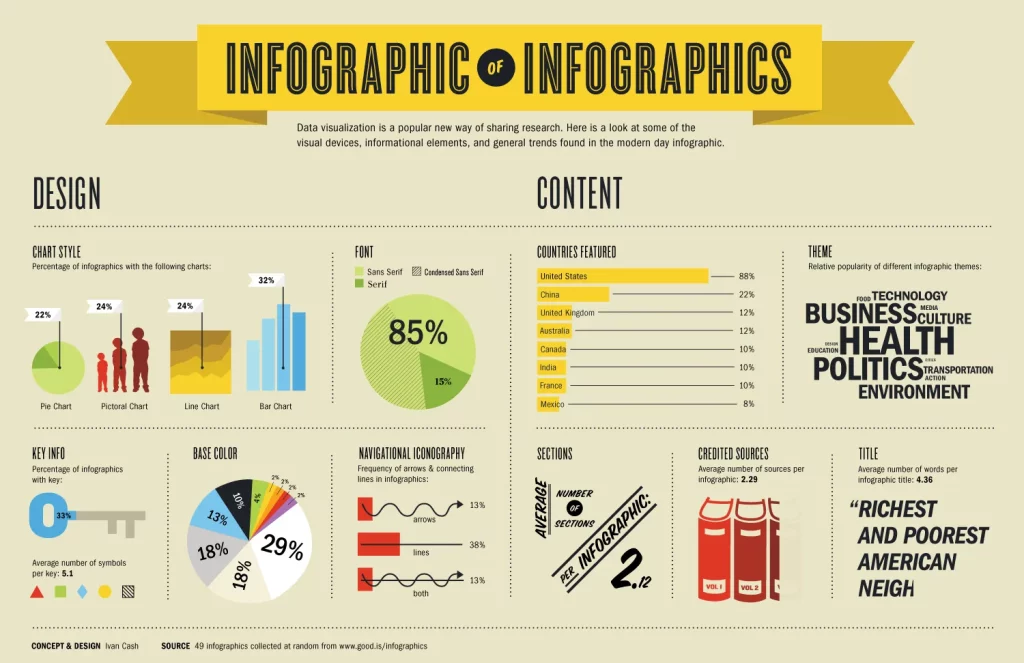Wondering how important is B2B content writing? What is B2B content writing, and is it effective?
Creating content that appeals to businesses and their interests is a unique craft that has been dubbed “B2B content writing”.
In this article, we will dive deeper into the world of B2B content writing, exploring its nuances and sharing tips on how to master this art. Thus, if you want to learn more about B2B content writing and its importance, make sure to read on.

Source:searchenginejournal.com
What is B2B content writing?
B2B content refers to any written or visual content specifically designed to target other businesses. It can include blog posts, whitepapers, case studies, e-books, and more.
Unlike B2C content, which is aimed at individual consumers, B2B content is intended to reach professionals, decision-makers, and other businesses that have the power to purchase or recommend a product or service.
By creating content that speaks directly to the needs and interests of this audience, businesses can establish themselves as industry thought leaders and get responses.
Definition of B2B content
B2B content is a critical component of any successful marketing strategy aimed at other businesses. It aims to deliver relevant, informative content that provides value to a specific target audience.
It is not just about advertising products or services but rather about sharing insights and knowledge to help businesses in their operations. This content is tailored to meet the unique needs of the intended audience and aims to establish the company’s expertise in the industry.
The key is to deliver content that addresses the unique needs and interests of the target audience while also demonstrating thought leadership and expertise in the industry. By doing so, businesses can establish trust, build relationships, and ultimately drive conversions.
In today’s highly competitive business landscape, investing in high-quality B2B content is essential for staying ahead of the curve and gaining a competitive edge.
Purpose of B2B content
The purpose of B2B content is to provide value to existing customers by sharing helpful information and insights that can improve their experience with the company’s products or services.
By consistently delivering high-quality content that is relevant to their interests and needs, businesses can deepen their relationships with customers and increase retention rates.
This can also lead to word-of-mouth referrals and positive reviews, which can further enhance the company’s reputation and attract new customers.
Unlike traditional advertising, which can be viewed as intrusive and self-serving, a B2B content marketing strategy is focused on providing value and solving problems for the reader. By doing so, businesses can earn the trust and loyalty of their target audience, leading to increased sales and revenue.
How it differs from B2C content
While B2B content and B2C content share some similarities, there are also several key differences between the two. The most significant difference is the target audience. B2C content is designed to appeal to individual consumers, while B2B content is aimed at stakeholders.
As a result, B2B content tends to be more focused on providing information and solving problems. In contrast, B2C content is often more emotionally-driven and focused on creating a connection with the consumer.
One of the major differences between B2B and B2C marketing is the buying cycle. In the B2B world, the purchase process is typically more complicated and involves multiple decision-makers who must reach a consensus before making a purchase.
On the other hand, in the B2C world, the buying cycle is usually simpler as it involves only the individual consumer.
Therefore, B2B companies need to create marketing strategies that take into account the longer and more complex buying cycle, while B2C companies can focus on shorter and simpler purchasing processes.
As a result, B2B content marketing is often more focused on building relationships and establishing trust over a longer period of time.
Importance of B2B Content Writing in Today’s Business World
With the rise of digital marketing, B2B content writing has become increasingly important in today’s business world. By understanding the needs and preferences of their target audience, businesses can create content that resonates with potential customers and sets them apart from their competitors.
B2B content writing plays a crucial role in helping businesses establish themselves as an industry thought leaders, build trust with potential customers, and drive conversions.
Without effective B2B content writing, businesses risk falling behind their competitors and missing out on valuable opportunities to grow their customer base.
Types of B2B content
Since you’ve learned what is B2B content writing, now, you must understand the different types of B2B content.
There are many types of B2B content used in content marketing campaigns:
- Blog posts and articles – these are typically short, informative pieces that are designed to educate the reader and establish the company as an industry thought leader;
- Whitepapers and case studies – are other popular types of B2B content, providing more in-depth analysis and information on a particular topic;
- E-books and guides – are longer-form content pieces that provide comprehensive information on a specific subject;
- Infographics and visual content – are effective at communicating complex ideas quickly and engagingly;
- Social media content – can be used to promote other types of B2B content and engage with potential customers.

Source: articles.bplans.com
Blog posts and articles
By creating high-quality, informative blog posts and articles that are optimized for search engines and shared on social media, businesses can drive traffic to their website and generate leads.
Blog posts and articles are fundamental components of a successful B2B content marketing strategy. They are versatile and can be used to address various topics, from industry news to product features and customer success stories. A well-crafted blog post or article can help establish a business as an industry authority and build brand awareness.
Quality content
Publishing a high volume of quality content is key to maximizing the benefits of blog posts and articles. While the exact number of posts may vary depending on the business’s needs, consistency is critical. By producing and sharing a steady stream of blog posts and articles, businesses can drive traffic to their website and engage their audience.
Informative content
Creating valuable and informative content is also important. Blog posts and articles should provide useful insights or solutions to problems that are relevant to the target audience. They should be well-written, easy to read, and optimized for search engines. Businesses can also leverage social media to promote their content and increase its reach.
Whitepapers and case studies
Whitepapers and case studies are longer-form content pieces that provide in-depth analysis and information on a particular topic.
They are often used to establish the company as an industry expert and provide evidence of its ability to solve complex problems.
A 2019 survey conducted by DemandGen Report found that a high percentage of B2B buyers desire more content from industry experts. It further stated that nearly half of the buyers (41%) tend to review three to five pieces of content before engaging with a sales representative.
Businesses can build trust with potential customers and drive conversions by providing valuable information and insights through whitepapers and case studies.
E-books and guides
E-books and guides are valuable resources that provide in-depth information on a specific topic. These long-form content pieces are frequently used to capture readers’ contact information as a lead-generation strategy.
Many B2B content marketers consider e-books and guides to be highly effective in nurturing leads and establishing a business as an industry authority. With informative and high-quality e-books and guides, businesses can showcase their expertise and attract potential customers.
Infographics and visual content
Visual ads such as infographics are highly effective in conveying complex ideas in a concise and engaging manner.
According to HubSpot, infographics are shared and liked on social media 2.3 times more than any other type of content.
By using infographics and other types of visual content to convey important information and data, businesses can increase engagement with their target audience and drive traffic to their website.

Source: wired.com
Social media content
Social media can be a valuable tool for businesses to promote their content and connect with potential customers. It allows them to reach a wider audience and establish themselves as experts in their industry.
Businesses can create engaging and optimized content for each social media platform to attract and build relationships with potential customers. Moreover, social media is a popular research tool for B2B buyers, with a significant percentage of them using it to inform their purchasing decisions.
Key Elements of Effective B2B Content Writing
- Understanding the target audience – by identifying the audience’s pain points, challenges, and goals, you can create content that resonates with them;
- Clear and concise writing style – to keep the reader engaged;
- Strategic use of keywords and SEO – to help your content rank higher in search engines, bringing more traffic to your website;
- Focus on providing value and solving problems for the reader – to establish your business as a thought leader in the industry;
- Incorporation of storytelling and personalization – to help your content stand out and create a lasting impression on the reader.
Tips for Creating Effective B2B Content
- Conduct thorough research on the topic and target audience
- Use data and statistics to support claims
- Incorporate visuals and multimedia elements
- Use a consistent brand voice and messaging
- Continuously track and analyze the performance of your content
Conclusion
In conclusion, B2B content writing is a dynamic and constantly evolving field that requires businesses to stay ahead of the curve to remain competitive.
By understanding their target audience, using a clear and concise writing style, and incorporating storytelling and personalization, businesses can create content that resonates with their readers and drives engagement.
With the right strategy in place, B2B content writing can be a powerful tool for businesses to establish thought leadership, attract new clients, and ultimately drive revenue.
Now that you know what is B2B content writing, you can make your business adapt to the changing landscape of the digital world. A strong B2B content strategy will be more important than ever before.
